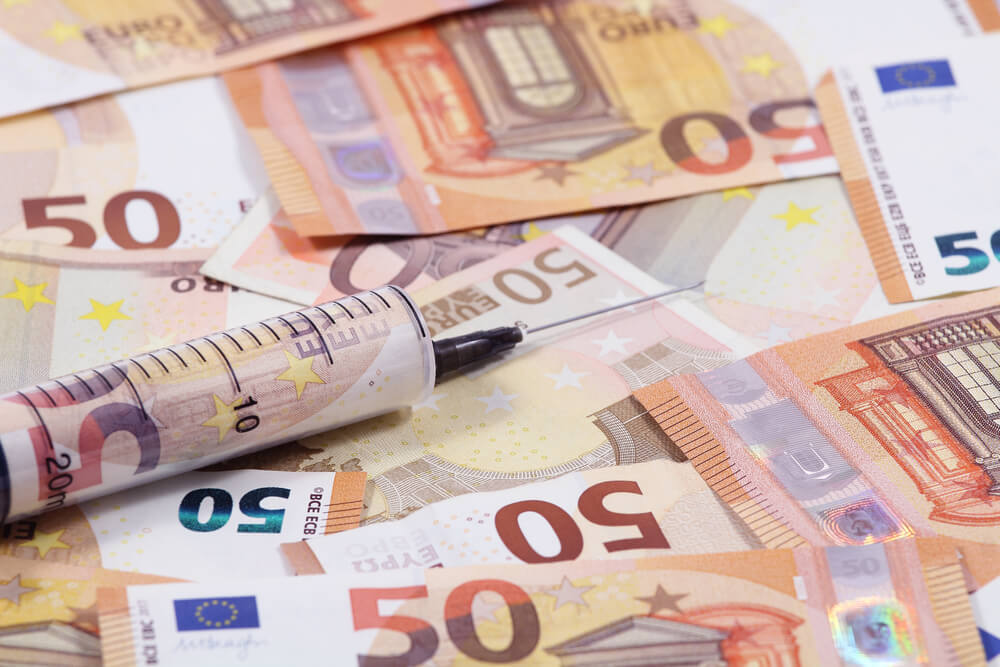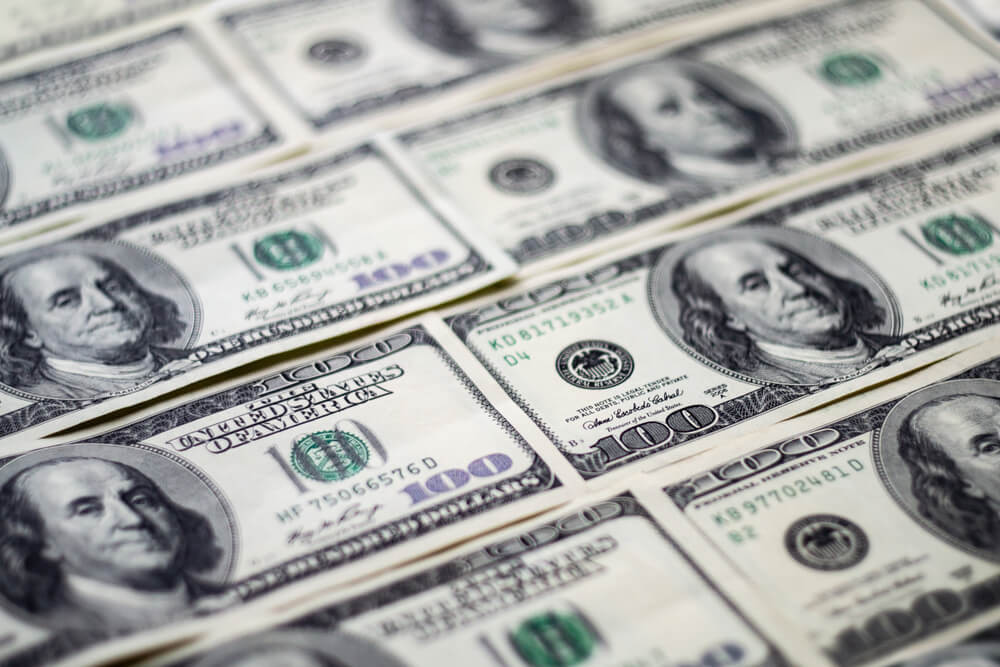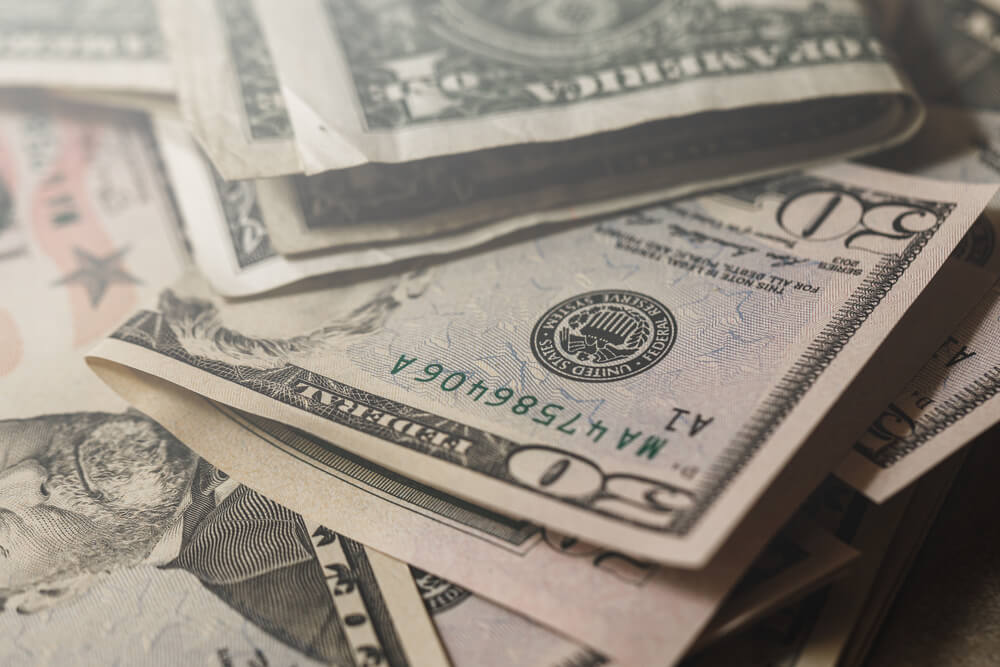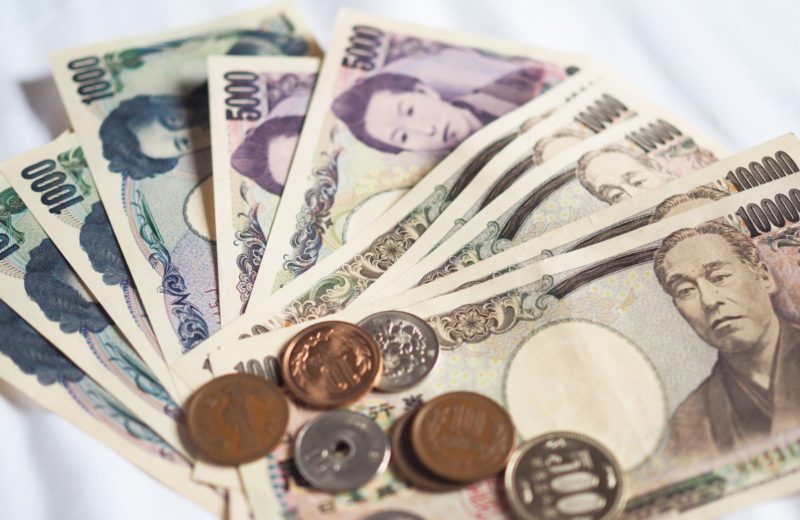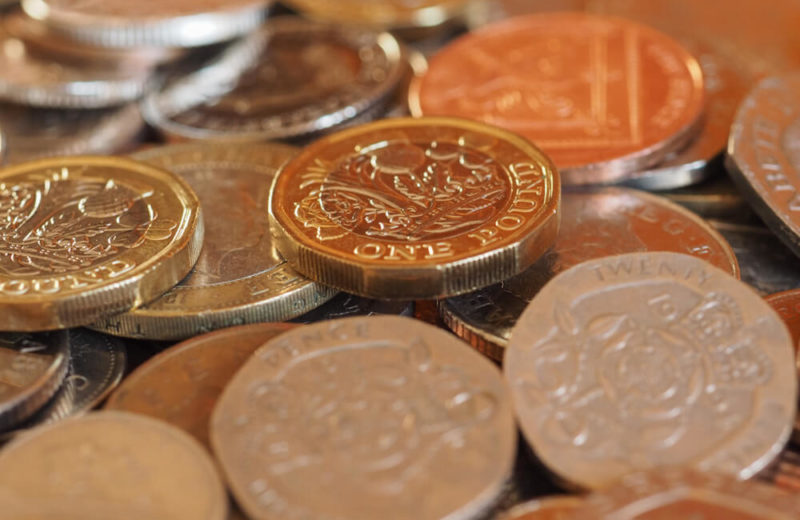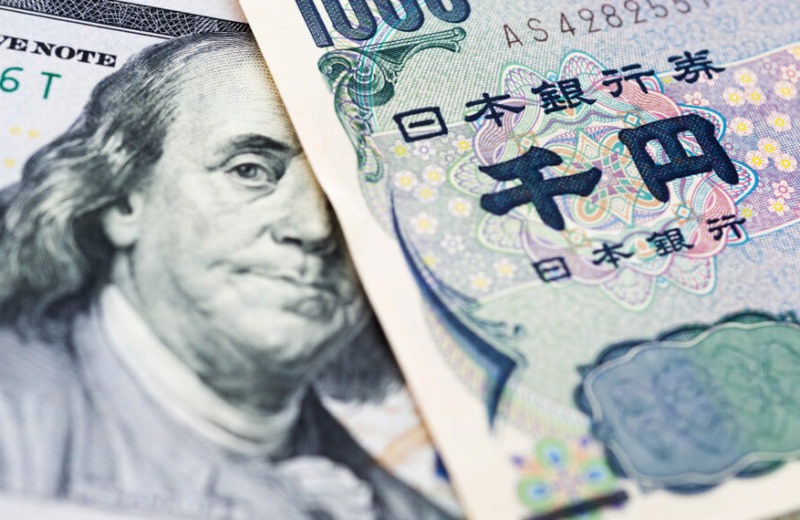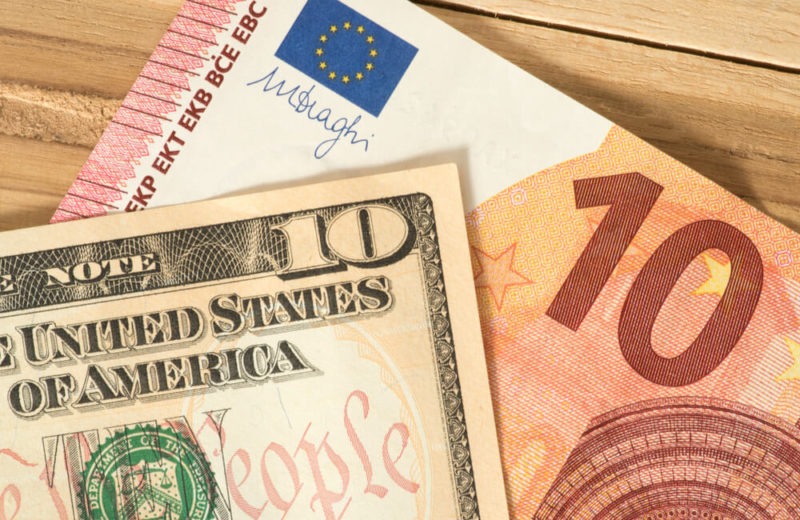On Monday, the euro nudged higher as risk appetite increased ahead of the European Central Bank’s (ECB) policy meeting later this week.
Ahead of this week’s U.S. inflation report, Asian stocks joined U.S. stock futures in posting modest advances. Markets, which have already factored in several ECB rate hikes and the end of bond-buying stimulus, are looking for more clarity on what will happen next. Hedge funds have already begun to stockpile euros. According to data from the U.S. futures market, speculators are holding their largest net long euro position in 12 weeks. At $1.074, the common currency was 0.2 percent stronger than the greenback.
Change In Policy on The Way
After government bond rates surged on expectations of tighter monetary policy, it has recently strengthened versus the dollar. However, other experts believe the euro has the potential to rise since ECB policy expectations are prone to hawkish upgrades.
By year’s end, money markets are pricing in 130 basis points of ECB rate hikes; there’s a 30% likelihood of an extra 25 basis point hike beyond the fully priced 25 basis points in July. The U.S. Dollar Currency Index measures the dollar’s value against six major currencies; it fell 0.1 percent to 101.99, not far from its lowest level since April 25 at 101.29, which was reached on May 30. The dollar rose on Friday as statistics revealed a tight labor market; notably, it might deter the Federal Reserve from raising interest rates. After hitting its highest level in a decade in mid-May, investors have been increasingly wary of the dollar.
However, some believe that a monetary tightening cycle combined with an economic growth story will offer additional support to the U.S. dollar. After recent good indications for a domestic economy hammered by COVID-19 regulations; the Chinese offshore yuan was near its one-month high vs. the dollar at 6.657. According to official media on Sunday, Beijing will soften COVID restrictions by permitting indoor meals as the metropolis gradually returns to normal. The yen was trading around multi-year lows versus the dollar and the euro; experts expect the Bank of Japan (BoJ) to maintain its ultra-low interest rate policy.


